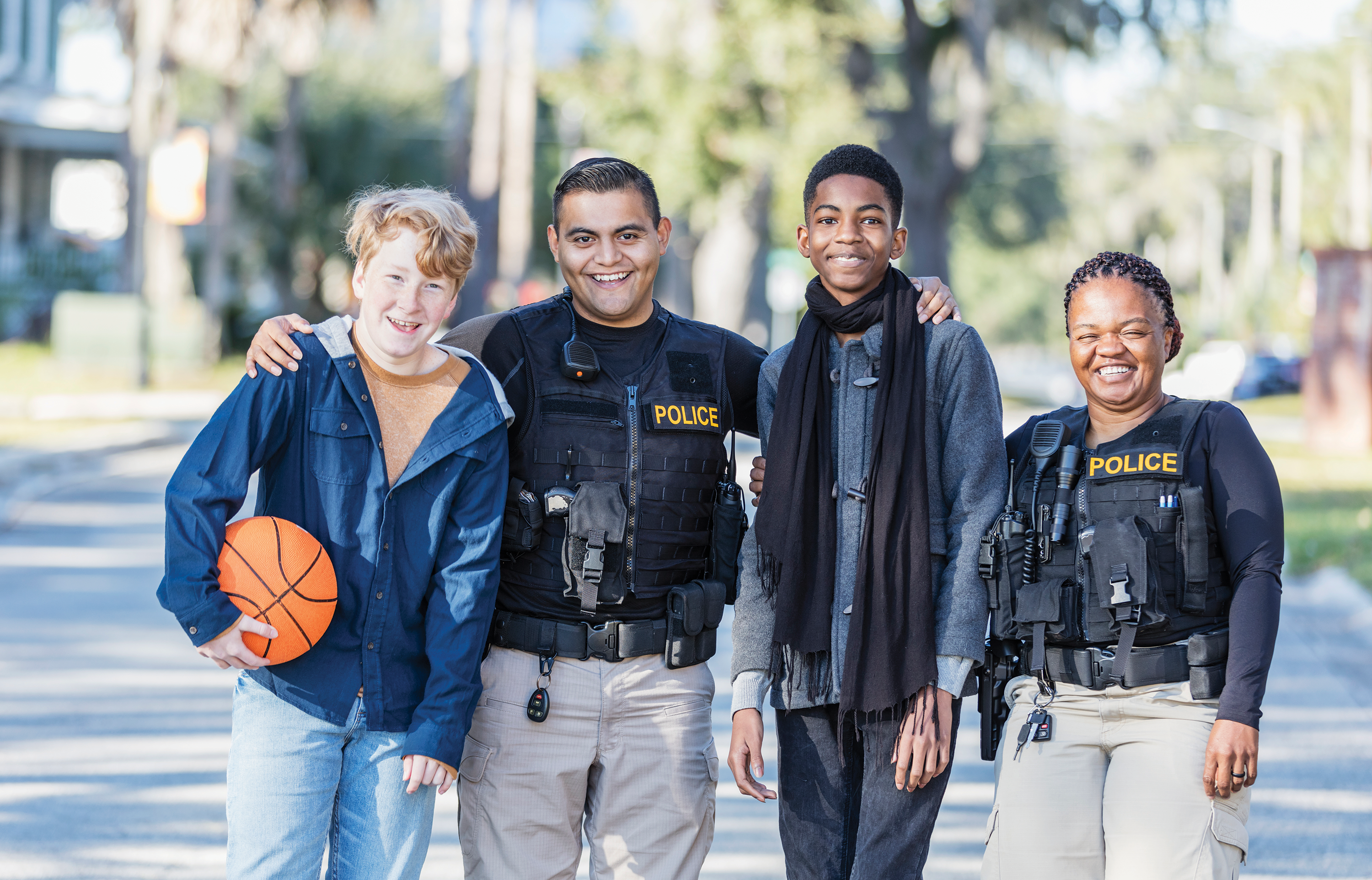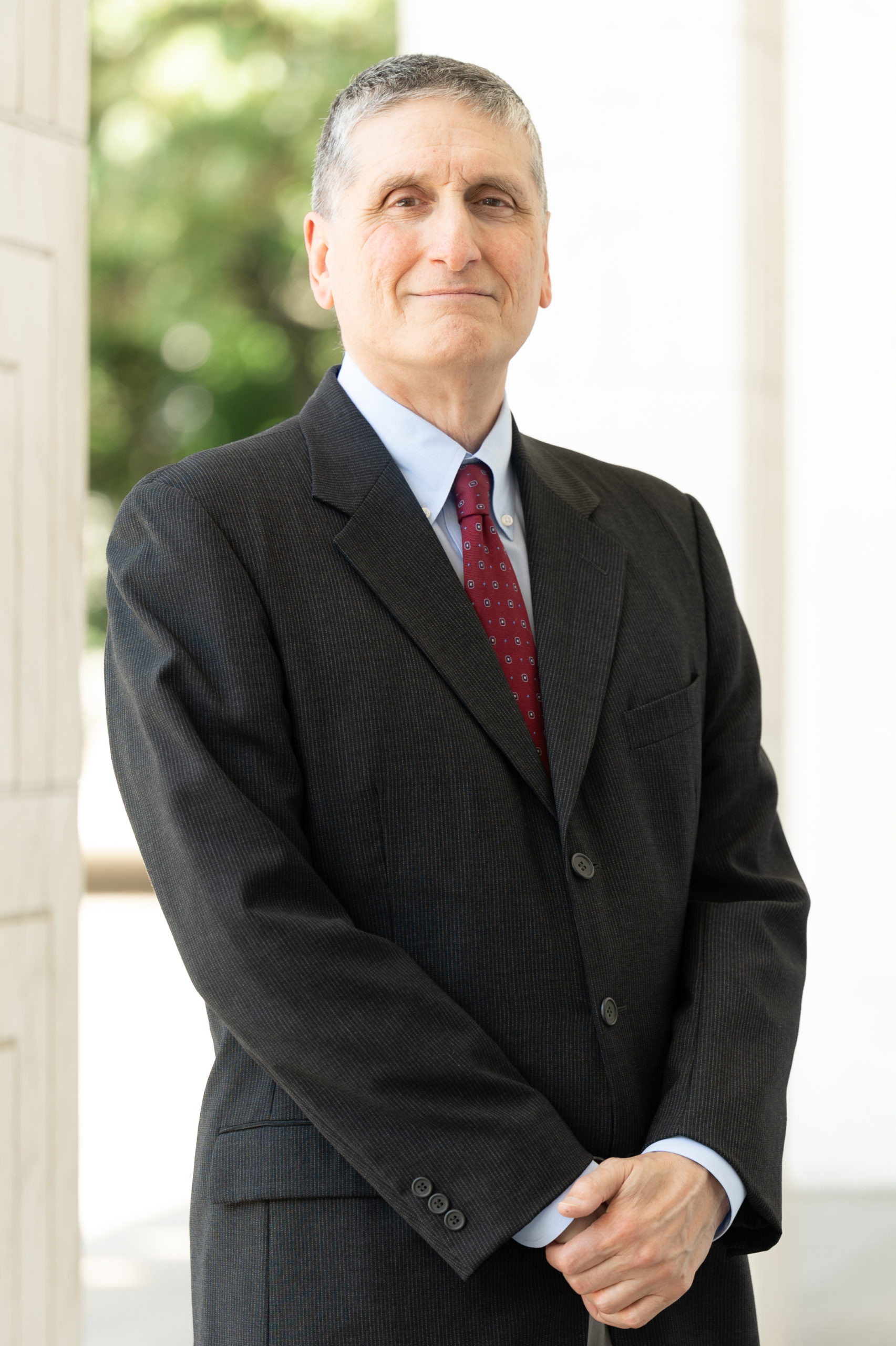July 15, 2021
RALEIGH — As crime soars and the breakdown of public order takes its toll on our country, new analysis from the John Locke Foundation signals it’s time to adopt a different approach to crime control, one that shifts the focus further upstream, looking at prevention models, rather than exclusively on punitive measures.
In his report, Keeping the Peace, author Jon Guze explains that the current focus of catching, convicting, and punishing perpetrators after crimes have been committed has come with enormous economic and social costs. However, intensive community policing has proven successful at deterring crime and maintaining order, which leads to safer communities and fewer people living in poverty.
For those tempted to cast community policing as a “soft on crime” strategy, Guze points out it’s anything but. “Criminal justice data are clear, and the data support the old saying that ‘an ounce of prevention is worth a pound of cure,’” Guze said. “We’re facing serious problems, particularly for Blacks and the poor. We’ve got to change course to avoid the loss of thousands of Black lives and to aid those trapped in poverty.”
Guze’s paper illustrates that, compared with the punitive approach to crime, community policing is more effective, more efficient, and much more humane. We know this because it’s not a new idea, but one that dates back to the early 1980s. Guze writes that, at the time, community policing wasn’t widely adopted. Criminal justice analysts didn’t know whether it would work, and they didn’t anticipate that the punitive approach to crime would be as expensive and counterproductive as we now know.
“That’s all changed,” Guze said. “There’s now a large body of evidence showing that increased police presence deters crime and that the benefits that accrue from increased police presence exceed the costs by a significant measure.”
Guze recommends a four-pronged plan to move forward with community policing:
- Hire more police officers
- Increase the pay for police officers
- Arm police officers with state-of-the-art training, direction, and support
- Deploy police officers as “peacekeepers” in communities that suffer most from crime and disorder
“No one should live in fear, and no one should be denied the opportunity to flourish that comes with safety and stability. The time for community policing has come,” Guze said.
Guze will discuss his research and recommendations at Locke’s virtual Shaftesbury Society forum on Monday, July 19, at noon. The event will be live-streamed on Locke’s Facebook page and YouTube channel, and at johnlocke.org.
For more information on this report, contact the author:
Jon Guze
Senior Fellow, Legal Studies
John Locke Foundation
[email protected]
919-828-3876 (office)
919-375-2021 (cell)
For media inquiries or to schedule an interview:
Mitch Kokai at [email protected]
919-828-3876 (office)
919-306-8736 (cell)

